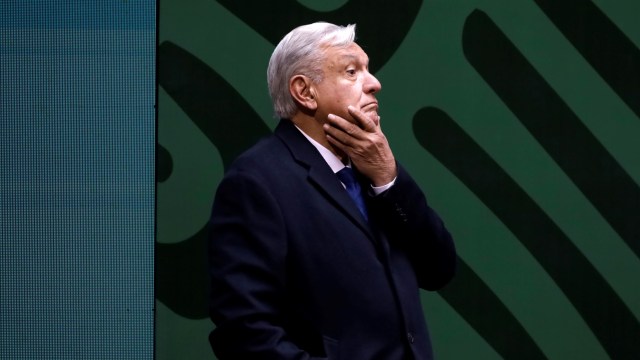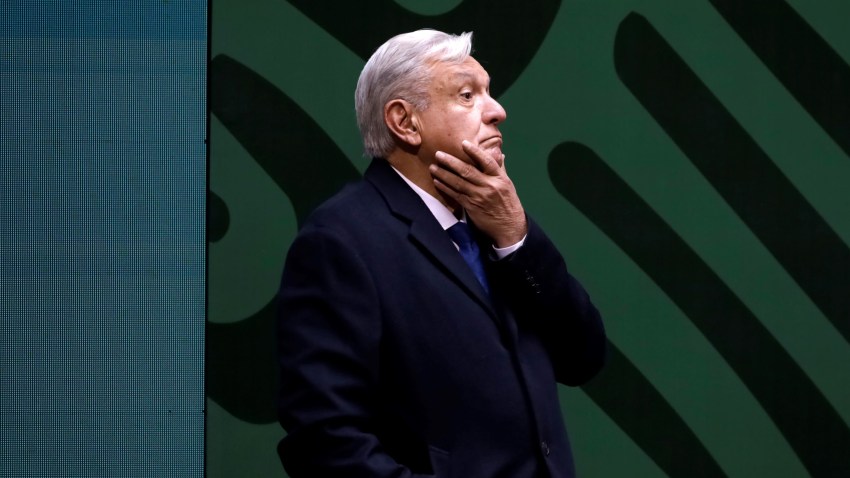Hello everyone. Today at WPR, we’re covering primary elections in Mexico and the security crisis in the Sahel region.
Read all of our latest coverage here.
Now, here’s our take on today’s top stories:
France: Anger over the fatal shooting of a 17-year-old boy by a police officer on Tuesday has fueled violent protests in cities across the country for a second night. French authorities arrested 150 people overnight as protesters set cars and public buildings ablaze. (Washington Post)
Our Take: As is often the case, the catalyst for the unrest was an egregious abuse of police power exacerbated by a failed attempt to cover it up. As is also often the case, the anger being expressed has much longer and deeper roots.
These eruptions occur periodically in France’s banlieues, as the neighborhoods where heavy concentrations of immigrants and immigrant-descended populations live are known. Historically, France’s integration of immigrants and minority groups has actually been relatively successful. But because of the state’s colorblind approach to race and ethnicity—neither is accorded official recognition in statistics or policy—domestic debates about how to solve the problems of economic and social marginalization often end up fueling polarization around those issues. As a result, despite countless governmental plans following each eruption of unrest, the sources of anger in the banlieues have never been effectively addressed.
*****
You can read the rest of today’s News Wire, a curated selection of one must-read article from every region, here.

In Mexico, the Morena party was originally built as a vehicle for President Andres Manuel Lopez Obrador’s political aspirations and agenda. But it has now become such a juggernaut that there’s only a vanishing chance its rivals will succeed in defeating Morena’s standard-bearer in next year’s presidential election.
As a result, the likely winner of the 2024 contest is being chosen now. Columnist Frida Ghitis breaks down the primary elections:

AMLO’s Successor Will Be Anointed Long Before Mexico’s Elections
AMLO’s Morena party is such a juggernaut that its primary this summer will likely choose Mexico’s next president. Read more.
Since the withdrawal of French troops from Mali last year, many questions have been raised about the future of France’s military intervention in the Sahel and how that might affect the region’s fight against violent Islamist extremists.
Mamadou Bodian writes that there are two significant factors that will affect the effort:
The ‘Pivot’ to Niger Is No Magic Bullet for France’s Sahel Strategy
The conflict against violent jihadist groups in the Sahel has only gotten worse amid a lack of trust between Mali, France and Niger. Read more.

We want to hear your take on the issues we cover.
This week’s question: In a column last week, Paul Poast argued that despite how influential Big Tech companies and their billionaire CEOs have become, they won’t ever rival or supplant sovereign nations in international politics. What’s your take?
WPR reader Dwight Robinson, based in Copenhagen, says he agrees:
History has shown how the state steps in and takes control when corporations become too powerful. For example, the British East India Company was one of history’s most powerful companies, but when its power became too much, the British government stepped in and took direct control of India. At the moment Big Tech companies are treading a thin line, and if they infringe on states’ power, we are likely to see regulation on their power.
Got your own thoughts on this week’s question? Just reply to this email to give us your take, along with your name and where you’re based. We’ll include the best ones we receive in the Daily Review over the course of the week. Those selected will also receive a free month of WPR.

The Biden administration is considering tightening an export control rule on artificial intelligence chips being sold to China. The move would be the latest in Washington’s ongoing tech war with China, in which AI and semiconductors have become the most important battlegrounds.
Frida Ghitis wrote in March about how the growing importance of AI is affecting great power competition between the U.S. and China:

AI Is Already Transforming the Geopolitical Landscape
AI and the battle over access to high-end chips are the latest area of US-China competition. Read more.
*****
In Malta, lawmakers approved legislation to ease the strictest abortion laws in the EU, making the procedure legal in cases where three specialists agree that a woman’s life is at risk.
The change comes after a U.S. tourist who miscarried while vacationing in Malta had to be airlifted out of the country to receive medical treatment due to its restrictive abortion laws. Alana Moceri wrote last year about the case and how it stands at odds with the country’s progressive reputation, especially when it comes to LGBTQ rights.
Malta’s Abortion Track Record Could Hurt Its Progressive Reputation
This spring, Malta was crowned the top European country for LGBTQ rights and freedoms by the annual LGA-Europe’s Rainbow Index for the seventh year in a row. Read more.
That’s all for today’s Daily Review. Be on the lookout for stores on what the Wagner rebellion could mean for the war in Ukraine and on Egypt’s efforts to thaw relations with Iran.
Have a great day,
Jakob Cansler
More From WPR
- Alexander Clarkson on the Wagner mutiny.
- Aaron Allen on Germany’s first-ever National Security Strategy.
- Erin Cook on the legacy Jokowi will leave in Indonesia.
- Aude Darnal on why the world isn’t waiting for the U.S. to strengthen multilateralism.

